How Microsoft-Novartis Partnership Expedites Drug Discovery
3 min. read
Published on
Read our disclosure page to find out how can you help MSPoweruser sustain the editorial team Read more
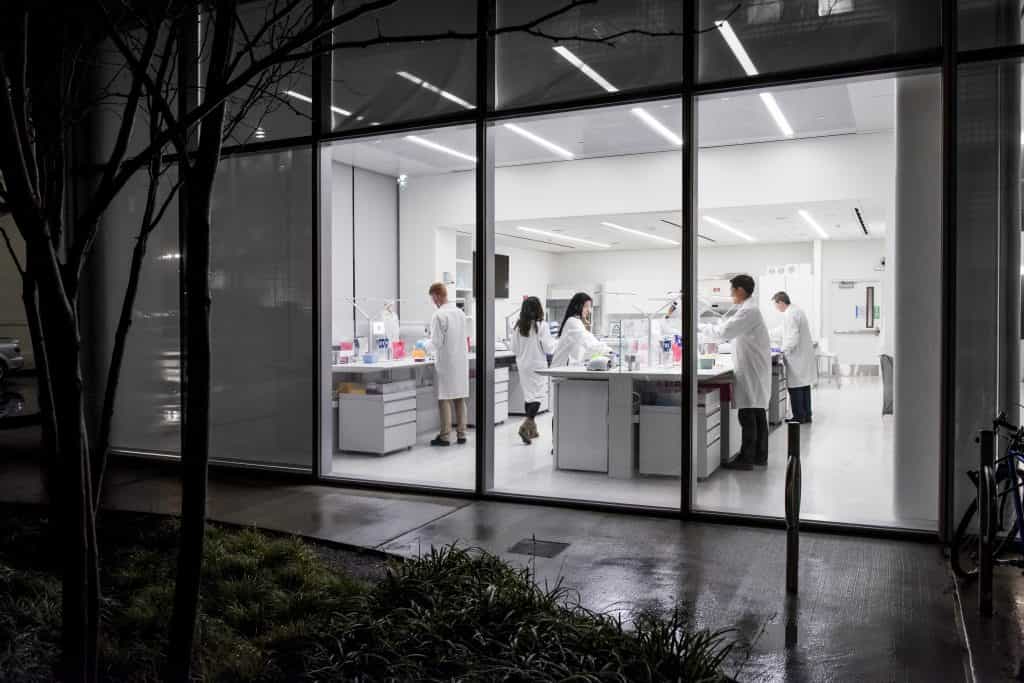
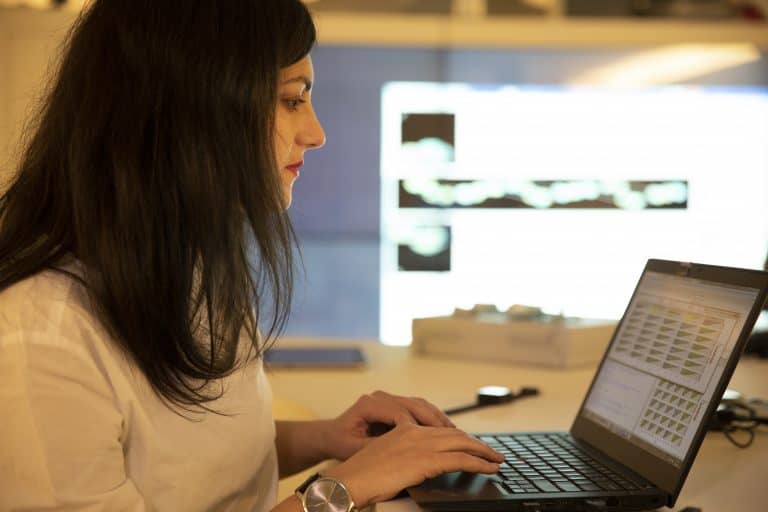
Time sometimes tends to be one of the scientists’ greatest foes when concocting new medicines. Luca Finelli, Novartis Vice President and Head of Insights, Strategy & Design, compared this struggle to cooking to explain how this tedious process takes so much time and resources.
“Typically, the formulation scientist needs to decide, ‘I will take this amount of this ingredient A and some amount of this ingredient B.’ They then try different combinations,” said Finelli.
Scientists need to find the right combination of molecules to produce medicines. The problem is that each blend will need to undergo a series of tests to check the drug’s safety, efficiency, and other overall performance. This takes years, and checking the data based on past experiments only makes things more strenuous for scientists.
“Normally, they do this manually, reading through all of these documents to find out what is relevant to the question they have in mind,” Finelli commented.
This, however, changed for the Novartis scientists with the introduction of the 2019 Microsoft-Novartis strategic partnership, which founded the Novartis AI Innovation Lab.
“We bring our expertise in machine learning and our large-scale compute. Those don’t exist in the pharma world. And Microsoft can’t take this on (independently). We’re not a pharma company. So the partnership is absolutely crucial,” said Chris Bishop, Microsoft Research Europe Lab Director.
It changed the game for the multinational pharmaceutical company after receiving the technology platforms that speed up the drug discovery process. Now, Novartis scientists can utilize the power of AI to check on the results and data produced by the previous experiments performed. With machine learning and algorithm, computers can find the needed information hiding in vast quantities of Novartis laboratory data and files.
“Here, AI can actually help to do this in a few clicks and bring the relevant information back to the user for further use, informing them how to design future experiments to find new ways to create a formulation for a new drug,” Finelli said.
This means faster identification of the suitable molecules they need to produce the right molecular combo and medicine. This, of course, translates to faster testing of drugs, with the overall process only taking a maximum of weeks. According to Bishop, this tech allows scientists to perform “10,000 experiments simultaneously, get the results, then use those to design the next 10,000 experiments.”
Shahram Ebadollahi, Novartis Chief Data and AI Officer, shared that this allowed the company to provide its service to many of its customers.
“If you look at every aspect of the pipeline – from early drug discovery and drug development to clinical trials and then on to manufacturing the drug at large scale – in 2020 alone, our medicines reached almost 800 million patients worldwide,” Ebadollahi stated.
With this, Novartis plans to use it in its future projects to identify molecular structures and determine former experiments that might contribute valuable data. All of this, thankfully, will be performed in a much shorter time now.



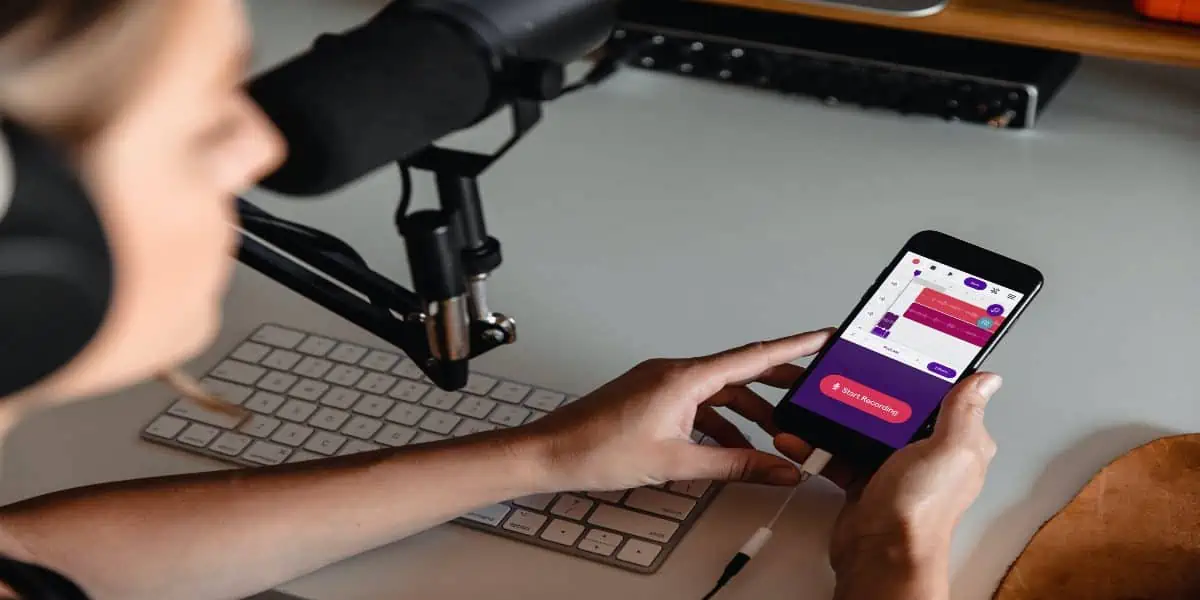
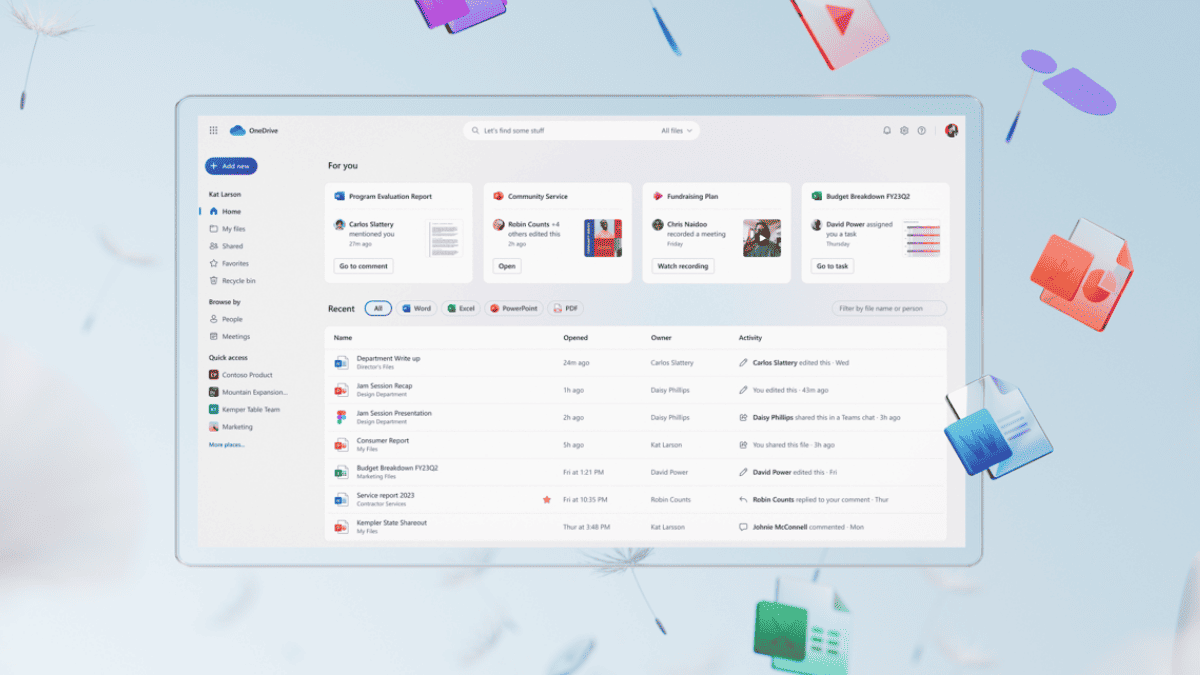

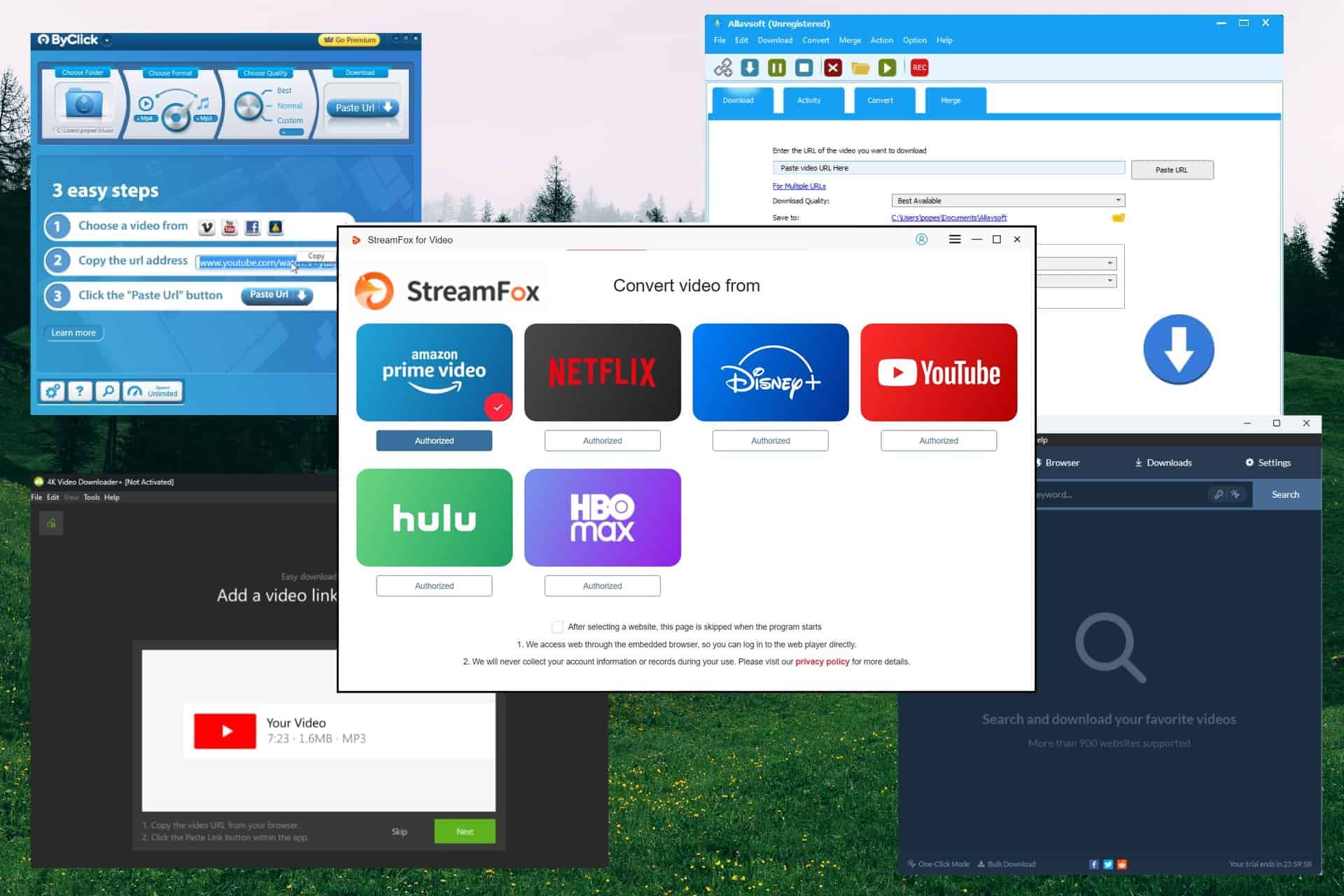
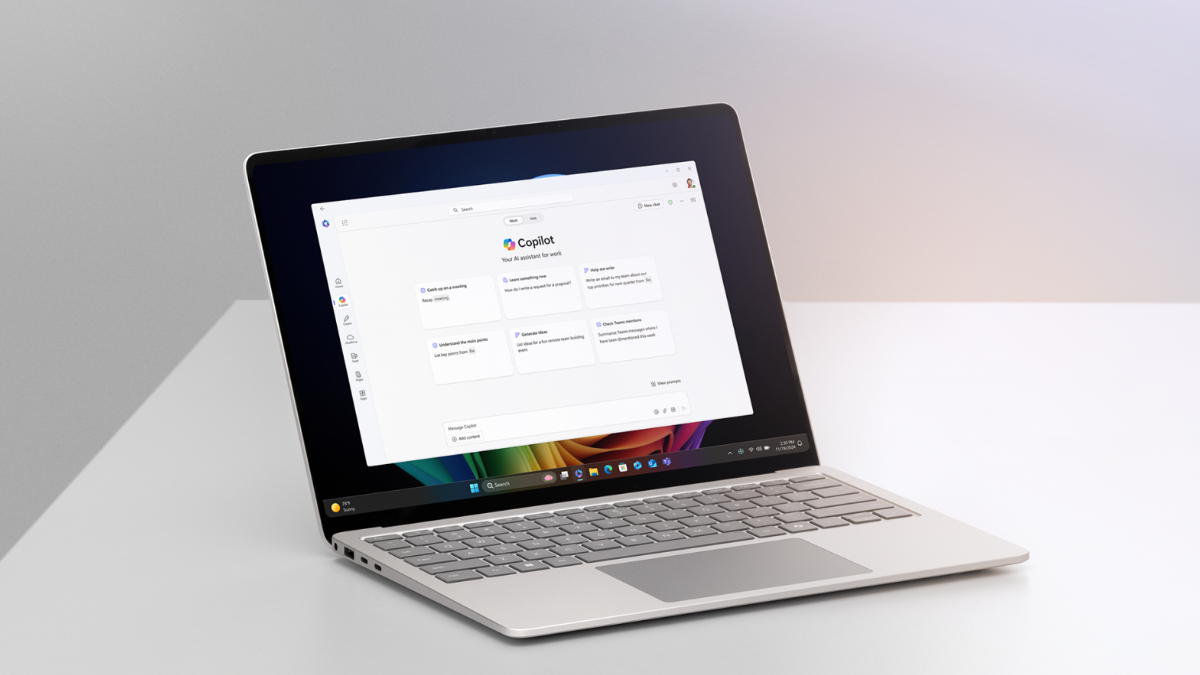
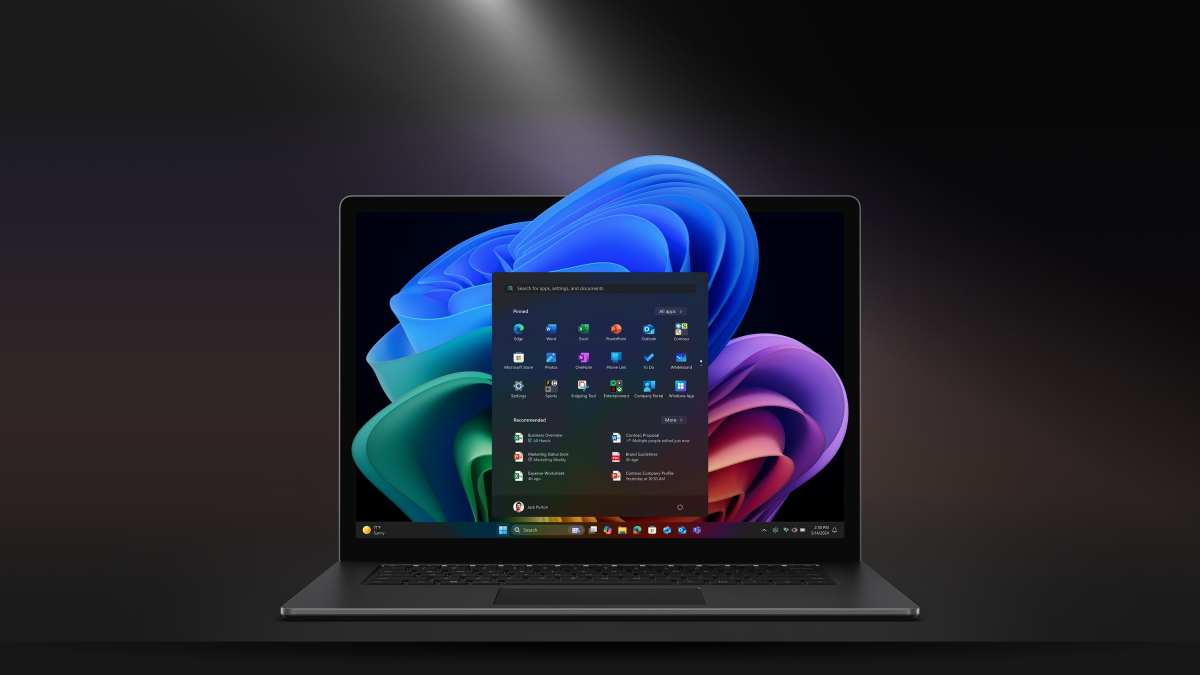
User forum
0 messages